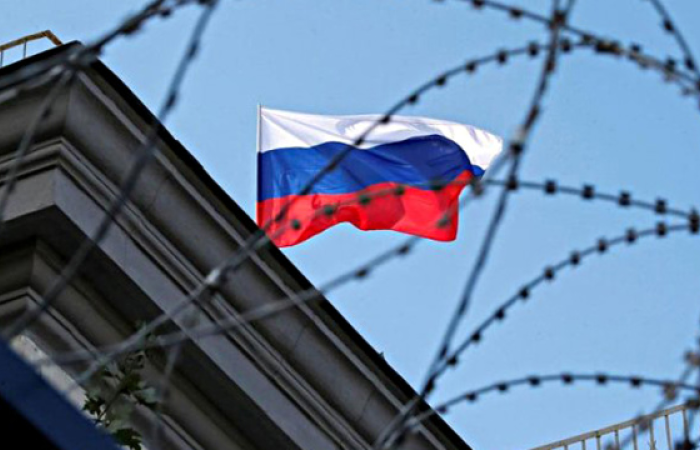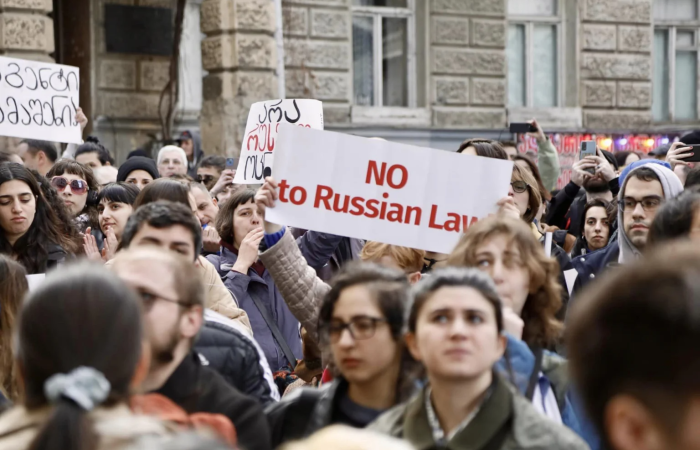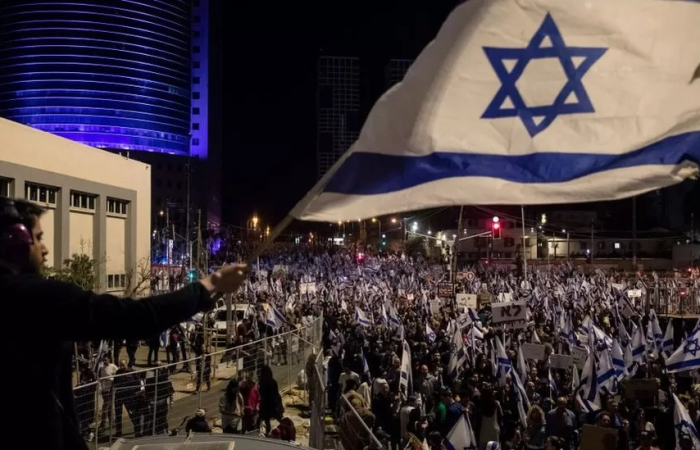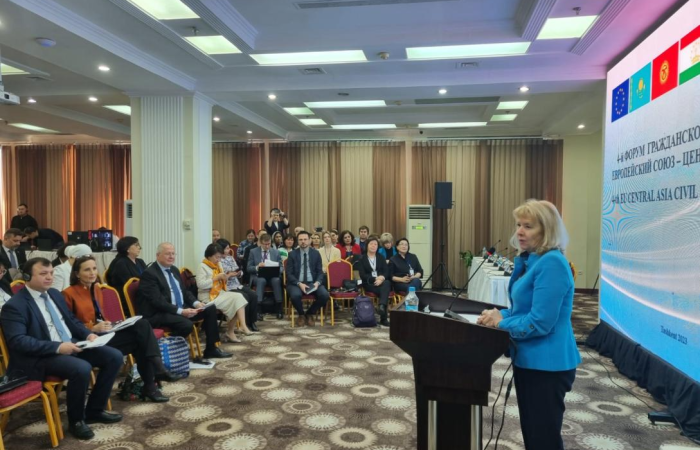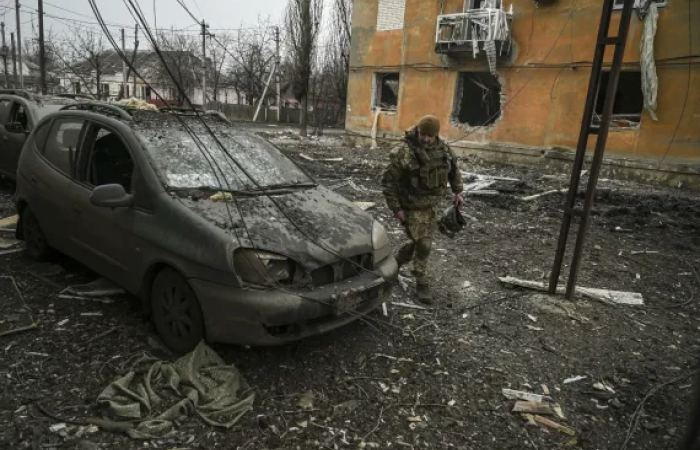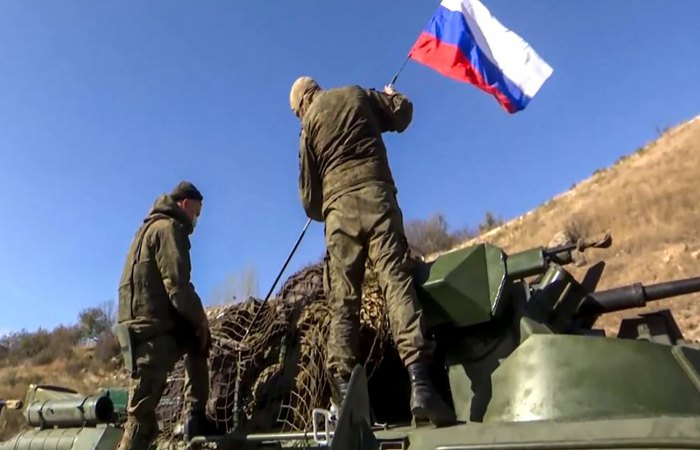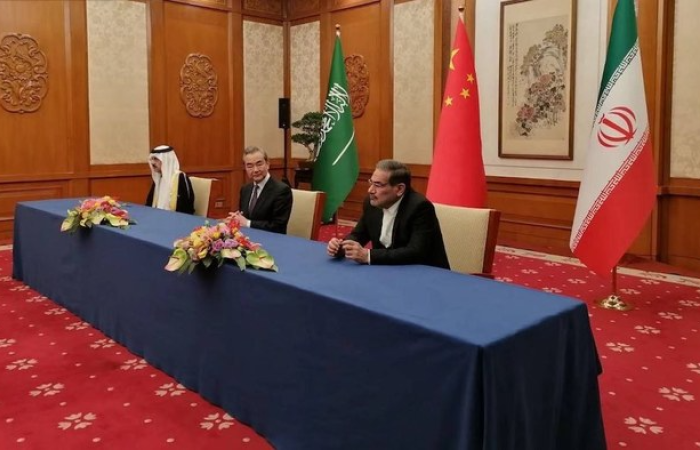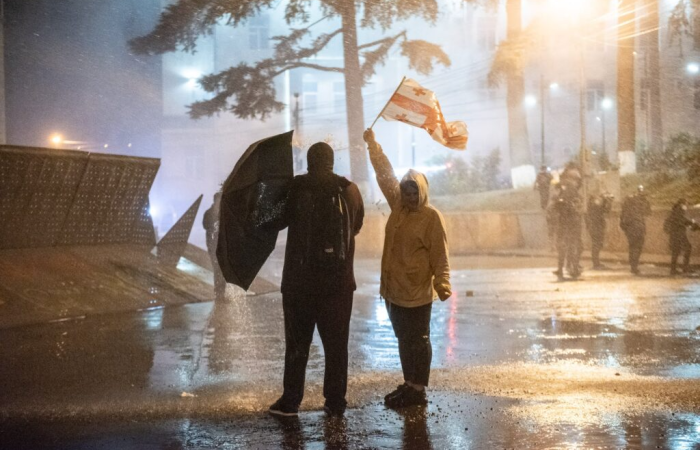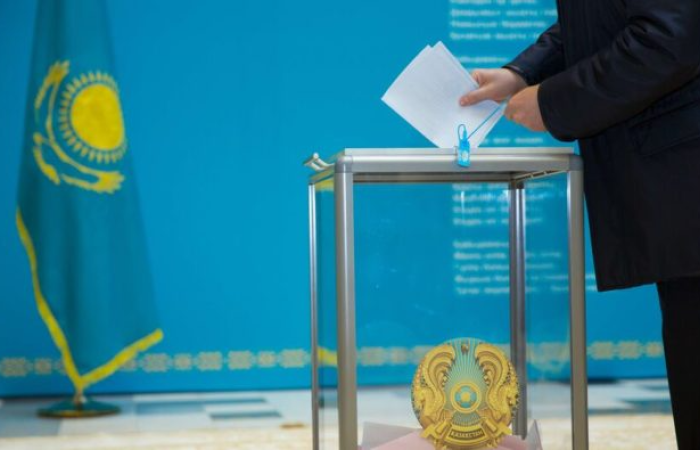Trending
EU extends sanctions on Russia for another six months
14 March 2023
The European Council has announced that it will extend sanctions on Russia for another six months, until 15 September 2023. In a statement released on Monday (13 March), the Council announced: "The existing restrictive measures provide for travel restrictions for natural persons, the freezing of assets, and a ban on making funds or other economic resources available to the listed individuals and entities. Sanctions will continue to apply to 1,473 individuals and 205 entities, many of which are targeted in response to Russia’s ongoing unjustified and unprovoked military aggression against Ukraine."The statement continued: "After 24 February 2022, in response to Russia’s military aggression against Ukraine, the EU massively expanded sanctions against Russia with the aim of significantly weakening Russia's economic base, depriving it of critical technologies and markets, and significantly curtailing its ability to wage war."



